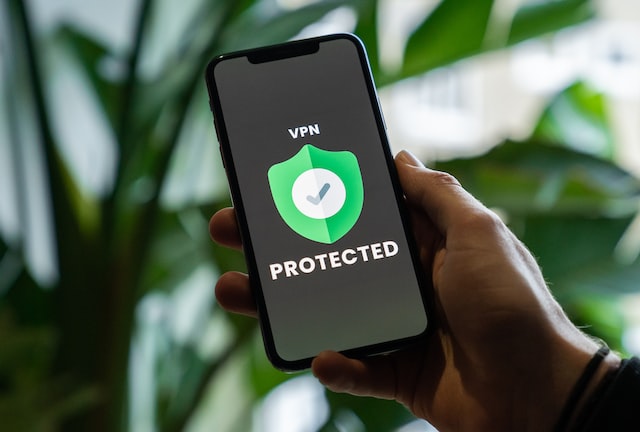5 Tips for Protecting Sensitive Data
Data protection has become an essential part of all business strategies, regardless of company size. Businesses collect vast amounts of confidential information from their customers and employees that must be protected from security breaches. Cybercriminals continue to evolve the way they execute cyber attacks. Many now use phishing and social engineering attacks to infiltrate a network and spread malware and ransomware. All they need is to trick one employee into revealing their credentials or clicking an infected link or attachment to gain access to an organization’s network. As damaging as threats to a business’s data security can be, they can be avoided when you have the appropriate safeguards in place.
Here are 5 tips for protecting sensitive data:
Tip #1 Educate Employees
Employee training is essential to reducing security risks and minimizing security vulnerabilities within the workplace. An organization’s data is only ever as safe as the employees keep it. Employee training should cover all security policies, from using strong passwords and two-factor authentication to utilizing security software and avoiding data security threats, such as opening suspicious emails and phishing scams. Your team should also learn how to secure personal devices, like computers, laptops, and mobile devices – especially if your company has adopted a BYOD policy. Training should be engaging and feature non-generic lessons that focus on relevance. Continued reinforcement is also vital in ensuring your employees have the most up-to-date information.
Tip #2 Encrypt Your Data
All sensitive data should be encrypted as a protection measure to prevent an unauthorized third party from easily reading or modifying it. With devices frequently leaving the safety of company networks, encryption ensures that, in case of theft or loss, the sensitive data they contain is inaccessible to anyone without authorization. Employees should encrypt all sensitive information anywhere it is saved, whether with a cloud service provider, on a personal operating system, or mobile device. Your employees should also encrypt sensitive emails from their laptops, phones, tablets, or other devices used to send and store data.
Tip #3 Back Up Your Data
Backups are one of the most overlooked steps in protecting your sensitive data. If a device or hard drive is stolen, lost, or compromised, you won’t lose essential company information or consumer data if you have a backup. A good backup rule to follow is the 3-2-1 backup rule. The rule states that you keep three copies of your data on at least two different types of media and one copy in an offsite location. You should also regularly test your backups, so you’re not left vulnerable if disaster hits.
Tip #4 Use a Secure Wireless Network – Not Public Wi-Fi
We know it’s tempting to use public Wi-Fi when your phone’s internet data is limited, slow, or unavailable. It’s a convenient option since it’s one of the common amenities offered by cafes, restaurants, libraries, airports, and hotels. But using public Wi-Fi can be dangerous! If public Wi-Fi is not secured properly, hackers can break into the internet connection and execute a number of cyber attacks. If public Wi-Fi access is necessary, ask your managed IT services provider to set up a secure Virtual Private Network or VPN for remote employees. A VPN changes your IP address and provides you with a private encrypted tunnel for web traffic transfer to prevent eavesdropping.
Tip # 5 Always Stay Up To Date
Updating device security settings, operating systems, and other software to their latest versions can prevent cybercriminals from exploiting the vulnerabilities of older versions. It’s best to set any patches and updates to automatically update in the background to safeguard against potential threats.
Grand Technology Solutions can help your organization take the first steps to effectively managing your sensitive data. To learn more, give us a call (904) 606-6011 or email info@helpgts.com today.


